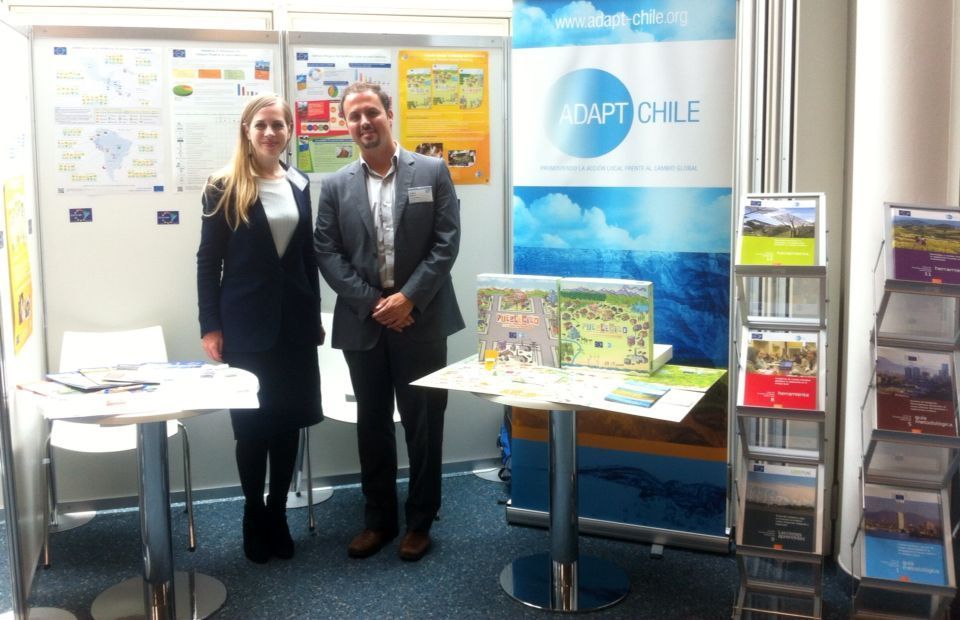Euroclima
Inventories of Greenhouse Gases
Estimating emissions and captures of greenhouse gases (GHGs) is an important element in achieving progress in fulfilment of the objective of successfully stabilising concentrations of greenhouse gases in the atmosphere at a level which could prevent dangerous human interference with the climate system.
Impacts of Climate Change on Income Distribution and Poverty
There now exists a consensus as to the relationship between concentrations of greenhouse gases and climate change, although we still lack knowledge about the channels of transmission and the magnitude of these effects on the well-being of households.
RIO+20: Sustainable Development Goals (SDG)
During the United Nations Conference on Sustainable Development, Río+20, Colombia with the support of Guatemala succeeded in passing a proposal on Sustainable Development Goals (SDG), which presents the design, consensus and implementation of indicators to measure the sustainability of social, environmental and economic development.
Editorial Newsletter #5
In Latin America, conditions of geography, climate and vulnerability to natural, social and economic events make the region highly fragile with regard to the economic impacts of climate change.
Seminar - Workshop: Challenges of Fiscal Policy, Social and Environmental
This seminar-workshop was held in the framework of the Socio-economic component of EUROCLIMA, implemented by the Economic Commission for Latin America and the Caribbean of the United Nations – ECLAC, from 19 to 21 November 2012 in Santiago de Chile.
Virtual Course “Climate Change Finance”
The EUROCLIMA Technical Assistance will coordinate a virtual course on “Climate Change Finance: Instruments and Mechanisms for development”, during the months of February and March 2013.
2nd EUROCLIMA Workshop: Desertification, Land Degradation and Drought
The 2nd Regional EUROCLIMA Workshop (DLDD, http://edo.jrc.ec.europa.eu/scado) took place between the 22nd and 25th of October 2012.
Editorial Newsletter #6
In view of the severe restrictions on public finances in developed countries, achieving a solution to the requests of developing countries for more definitive commitments and more specific figures for climate finance continues to be a challenge.
Impact of Climate Change on Drought and Land Degradation
This section integrates the perspectives from two documents [i.e. Magrin et al. 2007 and IPCC 2012] published by the Intergovernmental Panel on Climate Change (IPCC) on the impacts of climate extremes on the problem of Desertification, Land Degradation and Drought (DLDD) in Latin America region and its adaptation and vulnerability to the underlying processes.
Economic and Social Impacts
The available evidence reveals that climate change has economic and social consequences on biodiversity and, in general, on the well-being of the population, and will be one of the key factors in the style of development during the 21st century (IPCC, 2007; Stern, 2007).
News
-
-
-
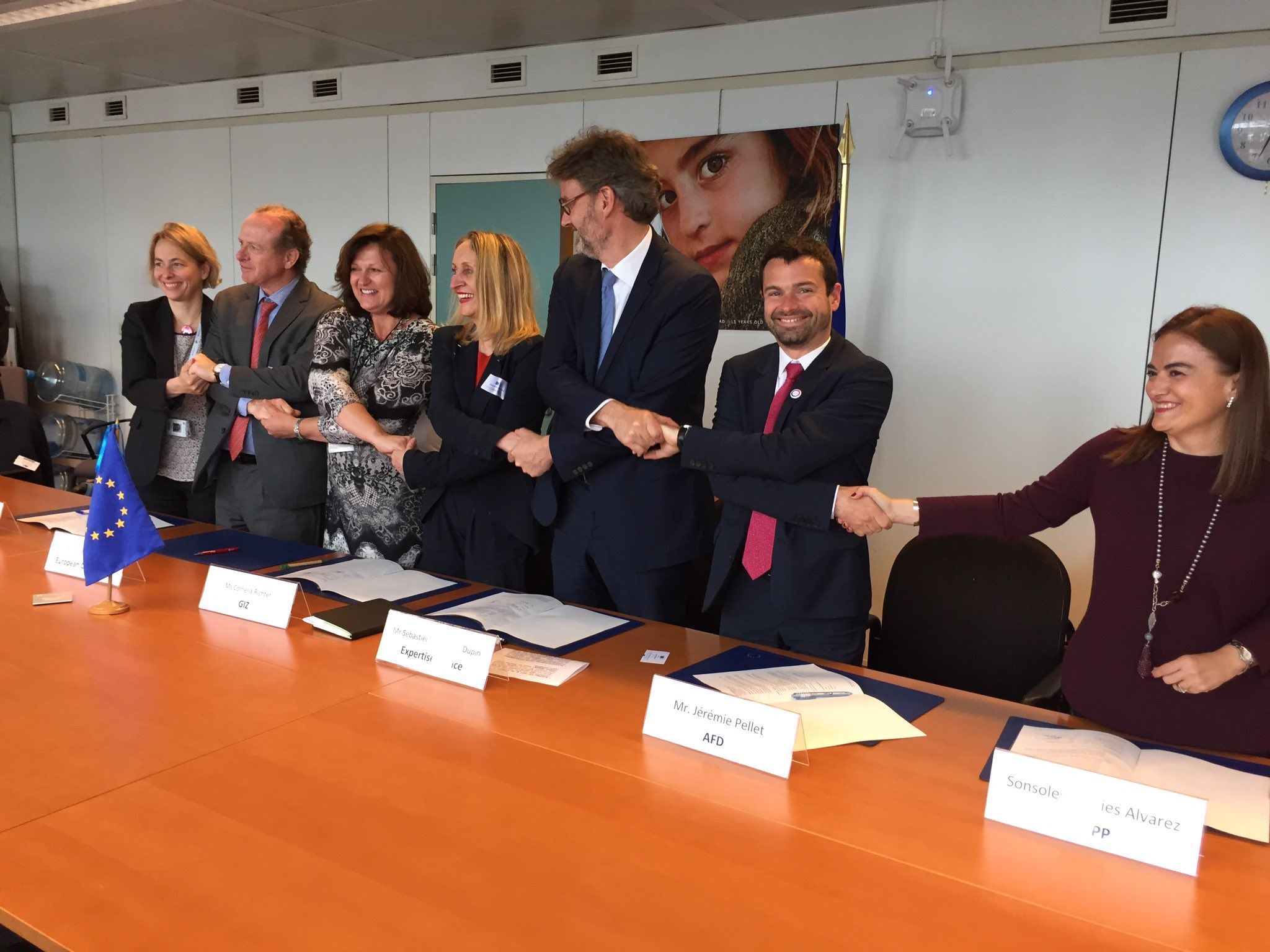 May 2017European Union signed contracts of €37 million for implementation of EUROCLIMA+ programme to fight climate change in Latin America
May 2017European Union signed contracts of €37 million for implementation of EUROCLIMA+ programme to fight climate change in Latin America
The European Commission, on behalf of the European Union, signed five contracts for a total amount of €37 million for the implementation of the new regional programme in support of environmental sustainability and climate change mitigation and adaption in Latin America.
-
-
-
 June 2017Radio Programme of the Spanish Radio and Television (RTVE) highlights achievements of EUROCLIMA
June 2017Radio Programme of the Spanish Radio and Television (RTVE) highlights achievements of EUROCLIMA
Programme "Cooperation is Development" presents actions carried out by EUROCLIMA and presents the new EUROCLIMA+ programme. Listen here
-
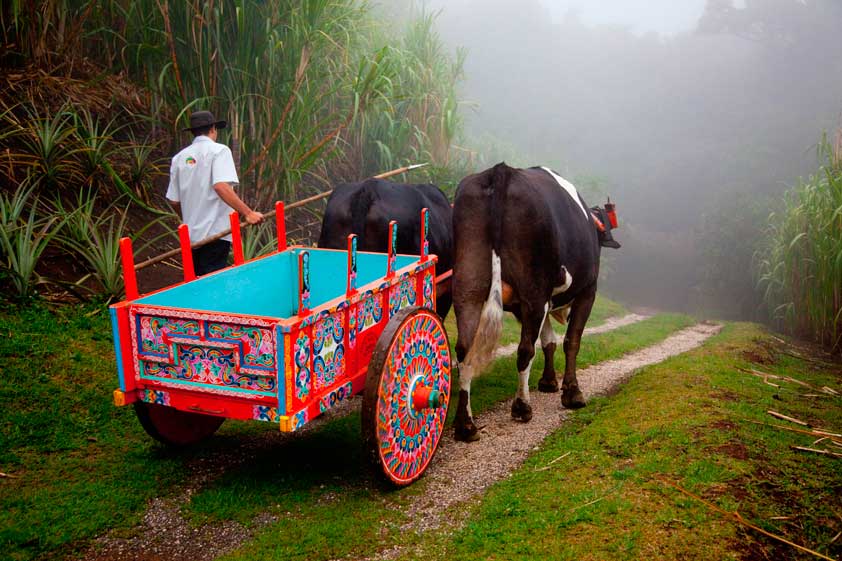 January 2017Costa Rica pledges carbon neutrality by 2021
January 2017Costa Rica pledges carbon neutrality by 2021
Costa Rica’s President Luis Guillermo Solis announced on Monday 16 January that the country was aiming to achieve carbon neutrality by 2021.
 March 2017US-Brazil investor group picks three financial instruments that can drive funds for climate action
March 2017US-Brazil investor group picks three financial instruments that can drive funds for climate action
Brazil aims to reduce emissions by 37% by 2025, mostly through changes in its land use and energy sectors. Like in many emerging economies, however, funding to meet these targets remains a challenge.
Events
-
 June 2017 Climate change related events
June 2017 Climate change related events
Topic, date, place, organiser, country and more details in the EUROCLIMA Calendar. -
 Brussels, 7 & 8 June 2017
The forum builds on the core belief that cooperation is key to achieve real change towards a poverty-free and sustainable world where everyone has the prospect for a decent life. An essential aim is thus to inspire the desire to work together in a spirit of true partnership through facilitating networking.
Brussels, 7 & 8 June 2017
The forum builds on the core belief that cooperation is key to achieve real change towards a poverty-free and sustainable world where everyone has the prospect for a decent life. An essential aim is thus to inspire the desire to work together in a spirit of true partnership through facilitating networking. 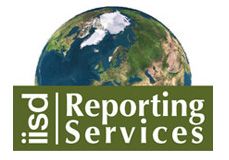
Key Links
|
|
|
|
|
|
|
|
|
 |
|
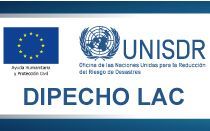 |
|
 |
Conexión COP [in Spanish]www.conexioncop.com |
 |
|
 |
EUROCLIMA videos in YouTube |
Se more web links
8th Edition - AMSUD France Magazine
After having responded to three challenges and so many transitions, the past 25 years, Central America must still solve the problems of poverty and large inequalities. Download (in Spanish).
CC and Biodiversity in the Tropical Andes
This document explores the current state, the knowledge gaps and highlights the needs for future research and decision-making in the context of climate change. Download (in Spanish)

